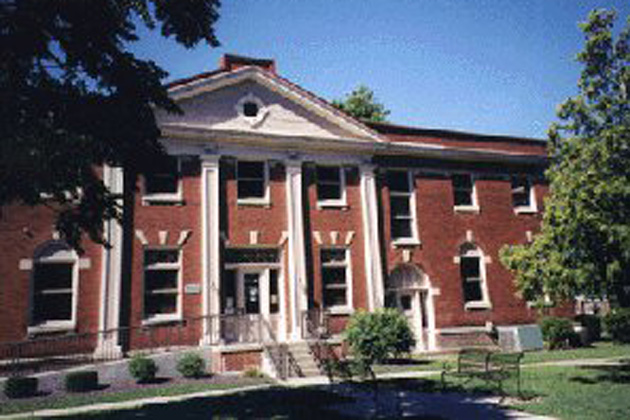
By Greg Bishop/Illinois Radio Network
QUINCY – There’s bipartisan support among Illinois lawmakers for a plan to build a new veterans home in Quincy and for funds to finish a stalled Chicago veterans facility.
The Illinois Department of Veterans Affairs says it will move forward with a plan to update an aging facility of the Quincy Veterans Home following 13 deaths of legionnaires disease in the past two years.
State officials said there were 200 instances of legionnaires in the entire state in 2015 with 53 of the cases in the Quincy Veterans Home alone. Center for Disease Control Dr. Sam Posner said that would be considered an epidemic.
In 2015, 12 veterans died. In October 2016, an additional veteran died of an illness associated with the disease.
Legionnaires is a respiratory virus that is contracted by breathing in water vapor that may contain the bacteria. In water pipes, legionella bacteria can grow on what’s called biofilm that accumulates in all water pipes. State officials said there’s still no known source of the problem.
Testing for legionella isn’t required at public health facilities, public or private, but Illinois Department of Public Health Director Dr. Nirav Shah said if there is a positive test the state requires a water management plan.
Department of Veterans Affairs Director Erica Jeffries said one reason there may be more cases of legionnaires is because of increased testing. She said there are multiple tests per day being done on the water system at Quincy in the aftermath of the outbreak.
During the nearly four hour joint House and Senate Veterans Affairs Committee hearing, lawmakers pressed officials about the outbreak. They wanted a permanent solution.
State Rep. David McSweeney, R-Barrington Hills, said he supports a capital bill to fund a new building on the Quincy campus and money to finish a stalled Chicago veterans home.
“I do believe that if you have a new state of the art facility, you do it with a combination of federal funds, a capital bill with minimal exposure to [General Revenue Funds] that would take a delay in some other capital plans,” McSweeney said. “I don’t believe there’s any other solution.”
State Rep. Jerry Costello, D-Smithton, agreed.
“In a very bipartisan fashion, I don’t believe you’ll run into any resistance as far as trying to get financial help,” Costello said.
State Sen. Tony Munoz, D-Chicago, also supported a capital bill for a new or renovated facility.
There are several buildings on the Quincy campus that are decades old, with some more than 100 years old. There’s also plenty of space for a new facility with 210 acres on site.
A 200-bed Chicago veterans home that broke ground in 2014 has been delayed, partly because of a lack of funding and, according to the Chicago Sun-Times, partly because of design flaws that need to be corrected.
McSweeney said both projects would cost about $125 million with most of the funds possibly coming from federal tax dollars. If all sides come together and Gov. Bruce Rauner meets with federal officials, McSweeney said a proposal could come together in the next couple of weeks.
Jeffries said she’s eager to cooperate.
However, there were concerns construction could kick up the legionella virus during construction. Posner said legionella is something that’s found everywhere and can be dusted up during construction.
Some of the panel criticized the state for delaying a public release of information for six days back in 2015. Shah said it was a matter of ensuring that all information was gathered before sending out a press release.
Gov. Bruce Rauner temporarily moved into the home in Quincy after the first of the year. He’s expected to provide a review of his stay sometime after his stay ends this week.






